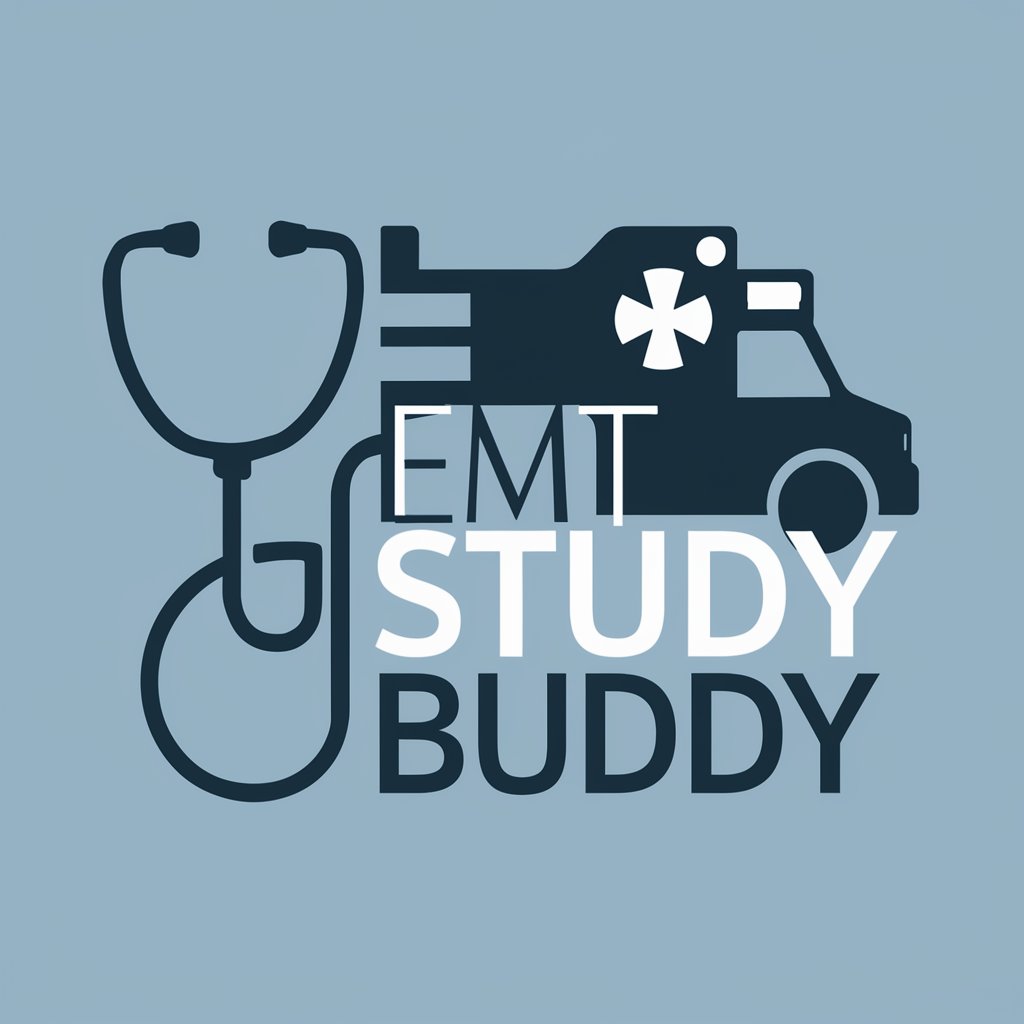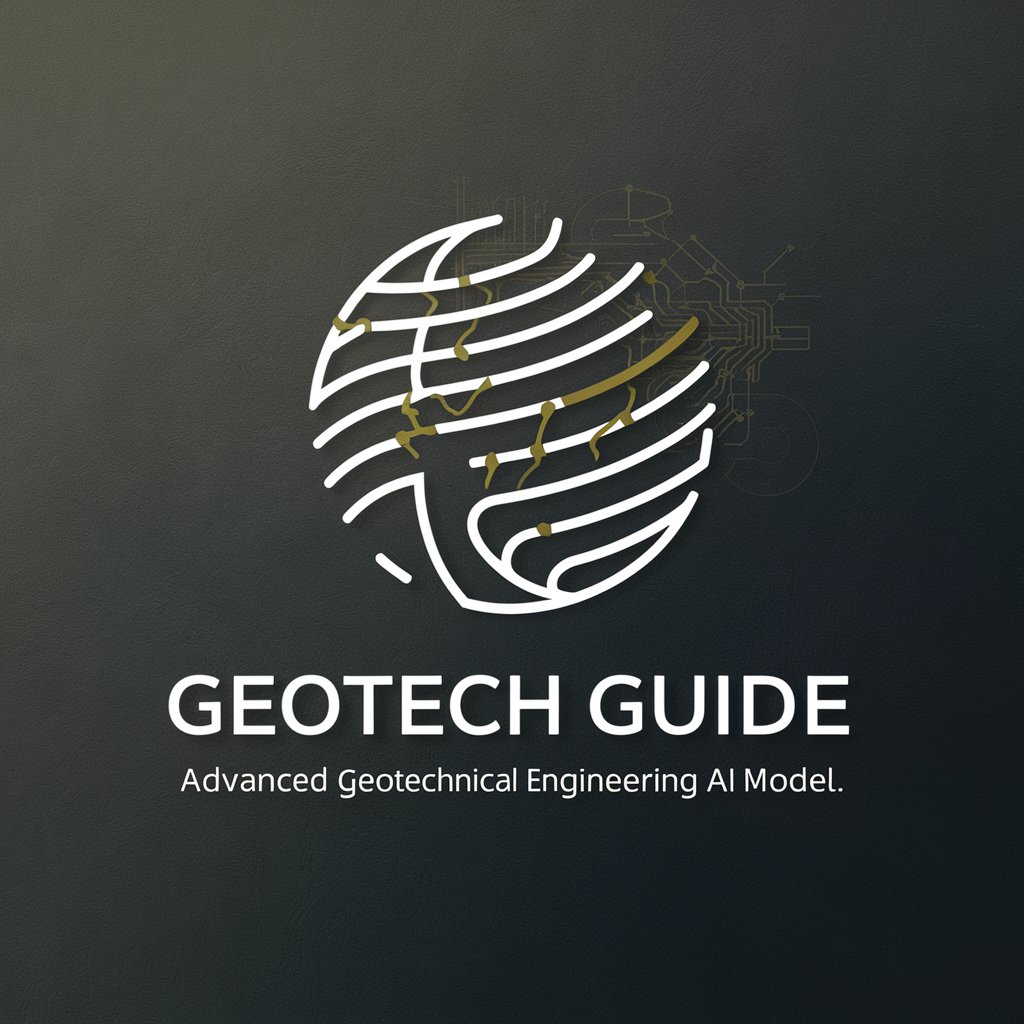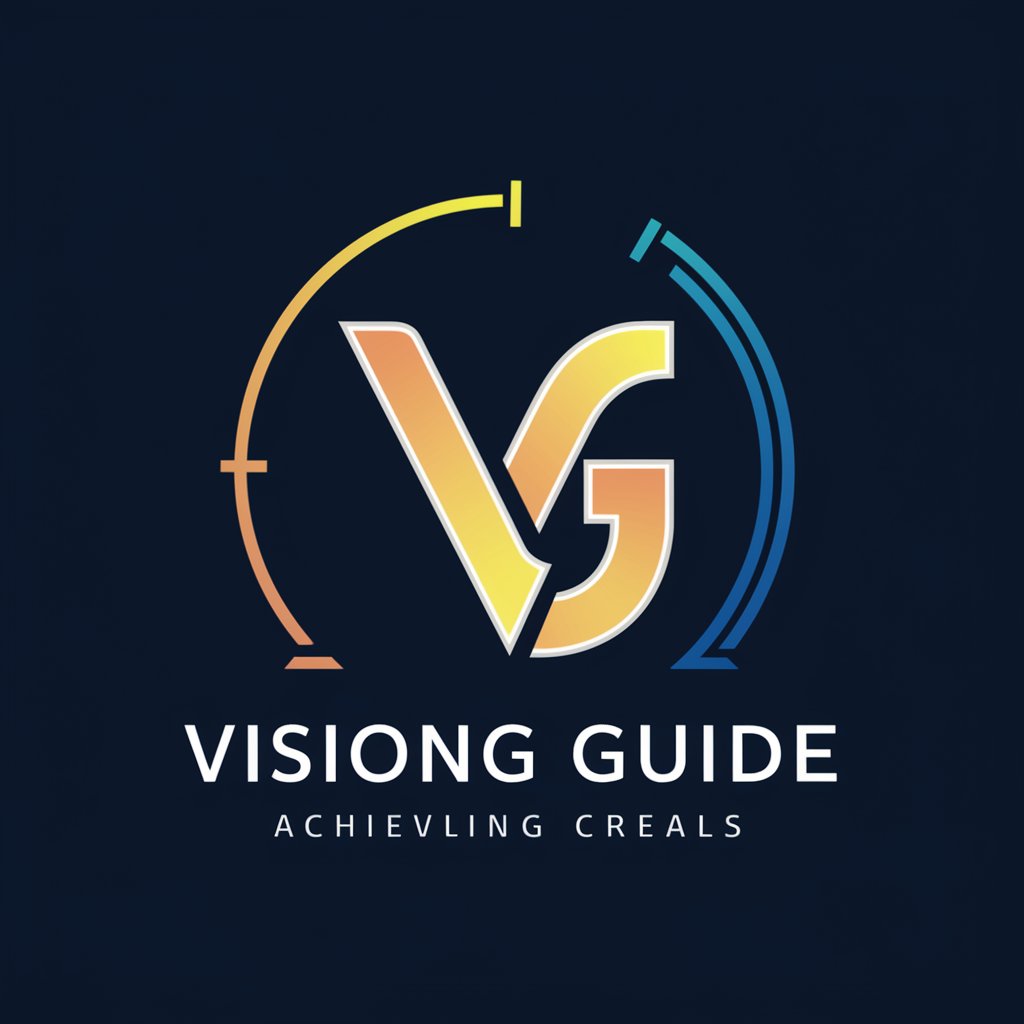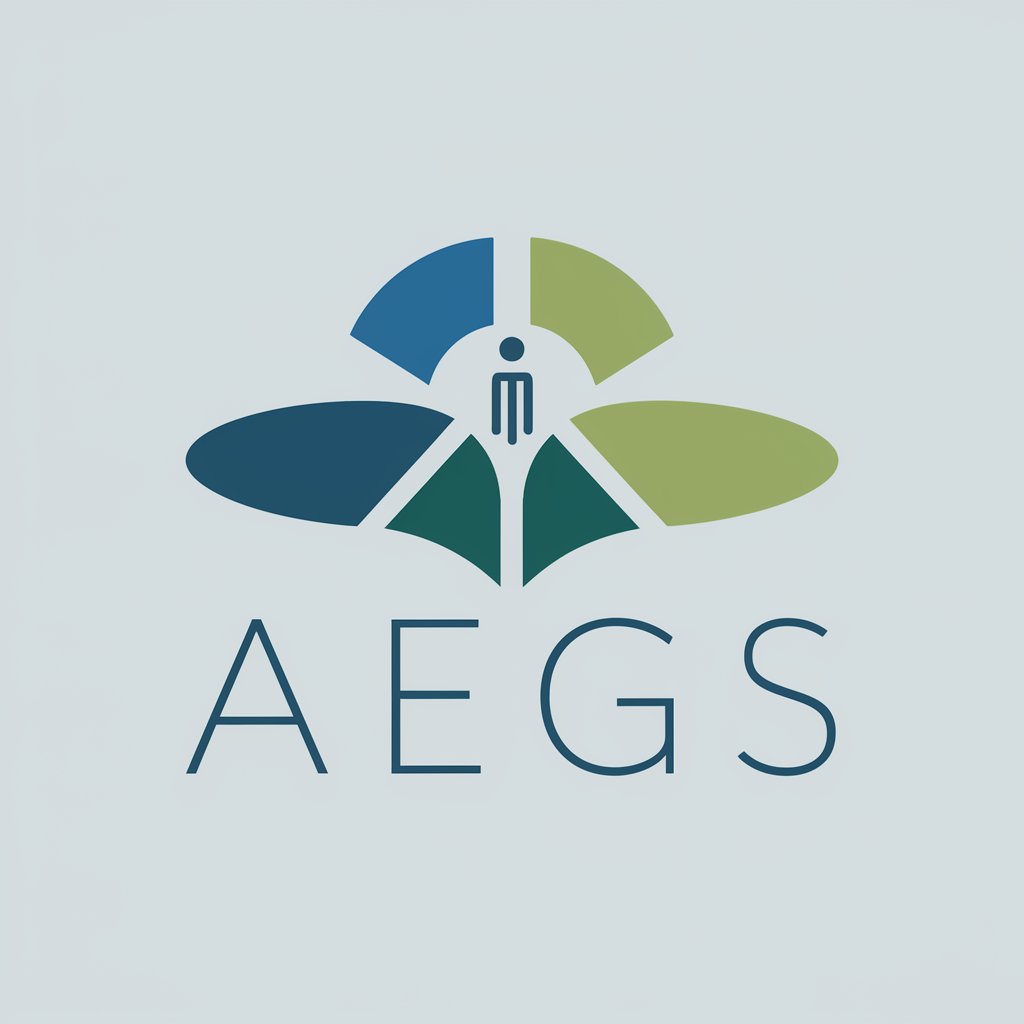
GA EMS Scope Guide - EMS Practice Guide
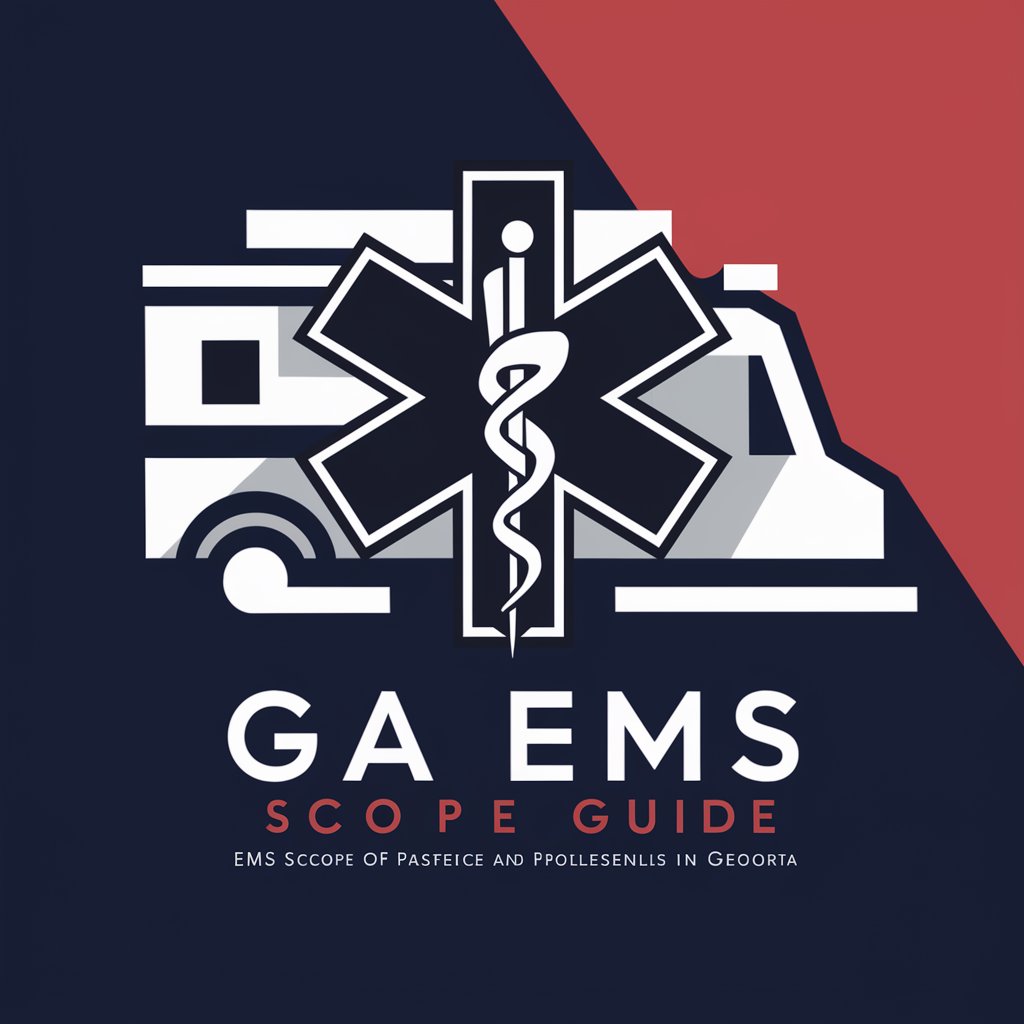
Welcome to the GA EMS Scope Guide! How can I assist you today?
Empowering EMS with AI-guided protocols
Can paramedics in Georgia perform advanced airway management?
What are the requirements for a paramedic to initiate blood product administration in Georgia?
Which advanced pharmacological skills are permitted for Georgia paramedics?
How often must EMS agencies in Georgia renew their approval for post-licensure skills?
Get Embed Code
Introduction to GA EMS Scope Guide
The GA EMS Scope Guide is designed to provide clear and updated guidance on the scope of practice for Emergency Medical Services (EMS) personnel within the state of Georgia. It integrates critical information from the 2024 Scope of Practice updates and the Post Licensure Skills documentation, ensuring that EMS personnel are aware of their authorized duties, the skills they can perform, and the additional post-licensure skills that require further training and credentialing. For example, while basic EMS functions include life-saving interventions like CPR and automated external defibrillator (AED) usage, post-licensure skills might encompass the administration of blood products or maintenance of advanced airway devices, which require specific approval and documentation. Powered by ChatGPT-4o。

Main Functions of GA EMS Scope Guide
Clarification of EMS Personnel Scope of Practice
Example
The guide details the specific interventions and medications EMS personnel at various levels (EMT, AEMT, Paramedic) are authorized to perform or administer, such as supplemental oxygen therapy, basic and advanced airway management, pharmacological interventions, and trauma care skills.
Scenario
An EMT reviewing which advanced airway management skills they are permitted to perform.
Guidance on Post Licensure Skills (PLS)
Example
It outlines the additional skills paramedics can perform with appropriate training, such as the initiation and maintenance of advanced transport ventilators, administration of blood products, and management of intra-aortic balloon pumps.
Scenario
A Paramedic determining if they are eligible to initiate the administration of blood products in the pre-hospital environment.
Regulatory and Training Requirements
Example
The guide explains the necessary steps EMS agencies and personnel must take to obtain approval for performing post-licensure skills, including training, certification, credentialing, and documentation within the Georgia LMS System.
Scenario
An EMS agency preparing to submit documentation for the approval of using post-licensure skills.
Ideal Users of GA EMS Scope Guide
EMS Personnel
EMTs, AEMTs, Paramedics, and other EMS professionals who need to understand their scope of practice, including allowed interventions, medications, and post-licensure skills. This group benefits from knowing the boundaries of their practice and the requirements for expanding their capabilities.
EMS Educators and Training Officers
Individuals responsible for the education and continuous training of EMS personnel. They utilize the guide to ensure compliance with current standards and to structure training programs around authorized practices and skills development.
EMS Agencies and Medical Directors
Organizations and their medical directors who oversee the operation of EMS services. They rely on the guide for developing protocols, obtaining approval for post-licensure skills, and ensuring that personnel are properly trained and credentialed.

Using the GA EMS Scope Guide
1
To start using the GA EMS Scope Guide, visit yeschat.ai where you can access a free trial without the need for signing in or having a ChatGPT Plus subscription.
2
Familiarize yourself with the latest Georgia EMS scope of practice and Post-Licensure Skills (PLS) to understand the permitted medical interventions based on your certification level.
3
Ensure you have proper training, certification, and authorization from the medical director of your EMS agency before performing any advanced or PLS.
4
Use the guide to verify the legality and protocol for specific medical interventions in your role, ensuring compliance with Georgia state regulations.
5
Regularly check for updates in the scope of practice to stay informed of any changes or new skills that may be added to your licensure level.
Try other advanced and practical GPTs
Medical School Exam AI
Empowering your medical studies with AI

School Assistant
Elevate Your Learning with AI-Powered Assistance

School Comparization
Comparing schools with AI-driven insights.

School Mentor
AI-Powered Learning Companion

School Assistant
Empowering students with AI-driven learning support.

School Advisor
AI-driven personalized school and career advice.

Scope Wizard
Defining IT Projects with Precision
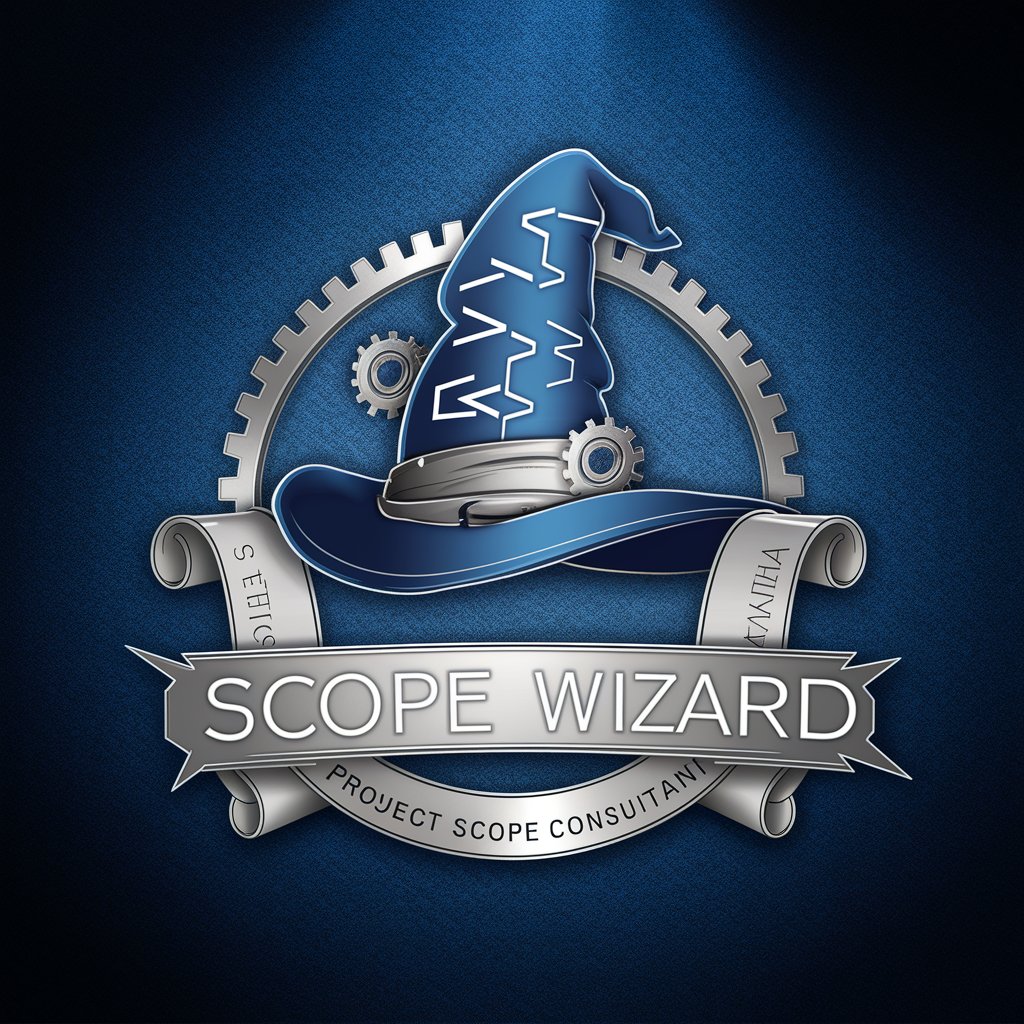
MobiCycle | Scope 3 | ISSB
AI-driven emissions insight at your fingertips.
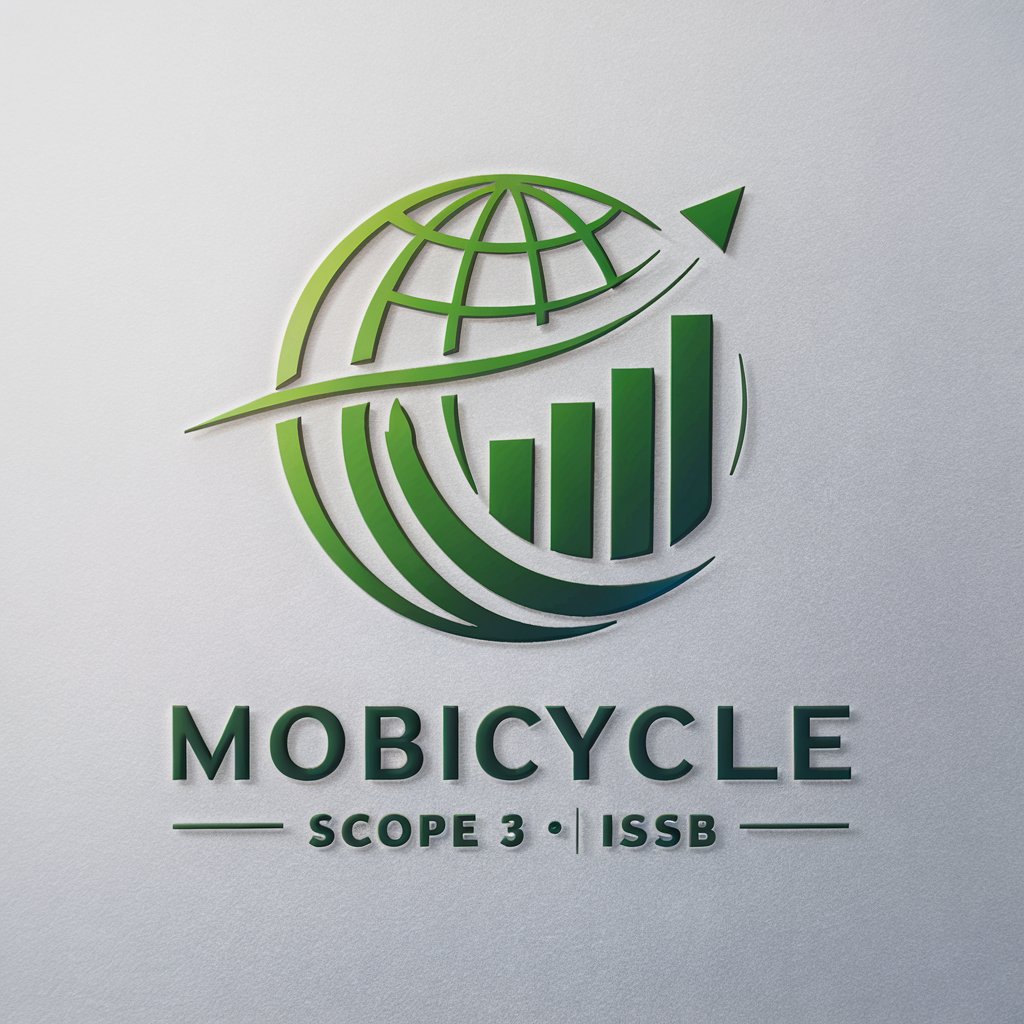
Marketplace Maestro
Crafting compelling marketplace content, powered by AI

5why 追问法
Uncover and solve problems efficiently
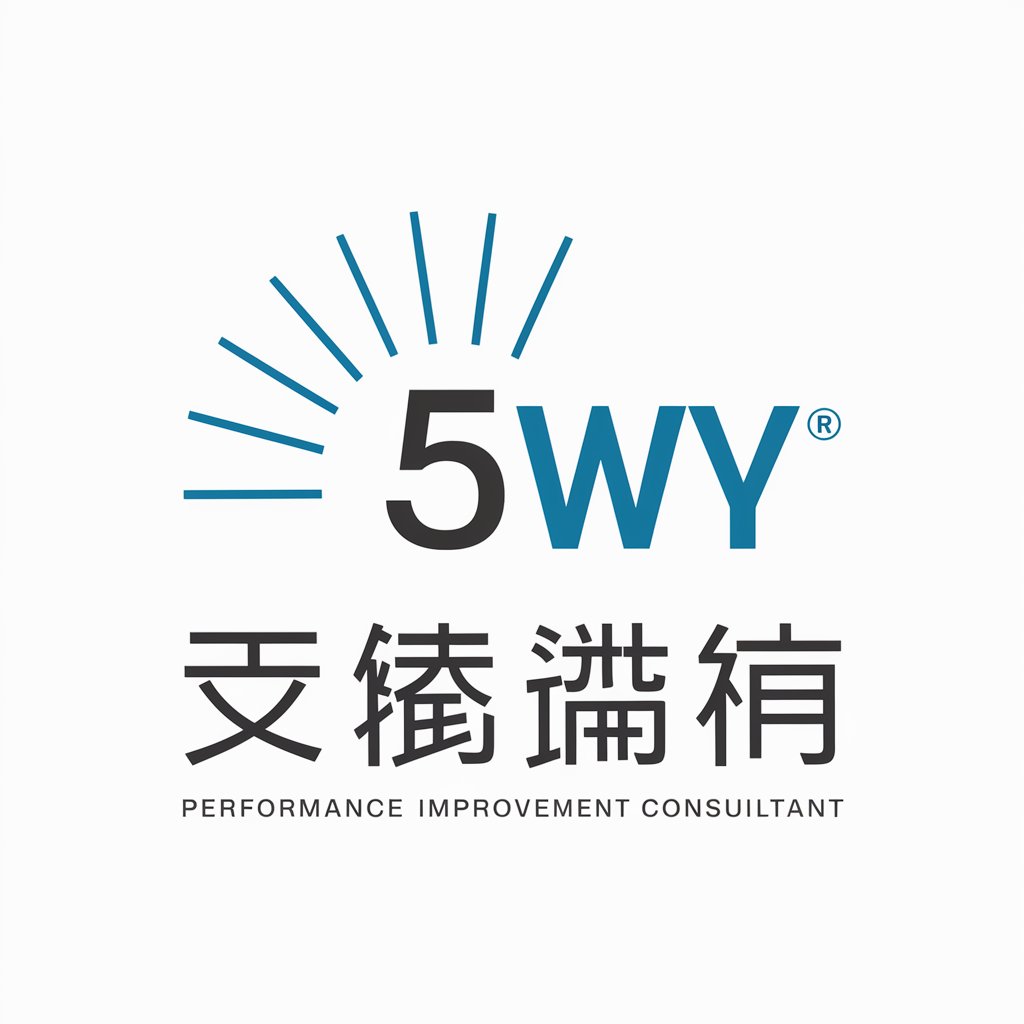
SEO Blog Post - Article GPT
AI-driven tool for effortless SEO articles
Confidence Coach
Empower Your Self-Assurance with AI

FAQs about GA EMS Scope Guide
What is the GA EMS Scope Guide?
The GA EMS Scope Guide is a comprehensive resource that outlines the scope of practice for EMS personnel in Georgia, detailing the specific medical interventions allowed for each licensure level, including Post-Licensure Skills (PLS).
Who can use the GA EMS Scope Guide?
EMS personnel in Georgia, including EMTs, AEMTs, Paramedics, and other licensed medical staff, can use the guide to understand and adhere to the legal scope of practice and PLS.
How often is the GA EMS Scope Guide updated?
The guide is regularly updated to reflect changes in legislation, medical protocols, and best practices, typically in line with revisions to state EMS regulations and advances in medical research.
Can Paramedics perform all the skills listed in the GA EMS Scope Guide?
Paramedics can perform the skills listed, but only if they have received specific training, certification, and have been credentialed by their EMS agency's medical director for each skill, especially for those categorized under PLS.
How does the GA EMS Scope Guide assist with PLS?
The guide provides detailed information on the additional training, credentialing, and approval process required for Paramedics to perform Post-Licensure Skills, ensuring they are qualified and authorized to carry out these advanced medical interventions.
